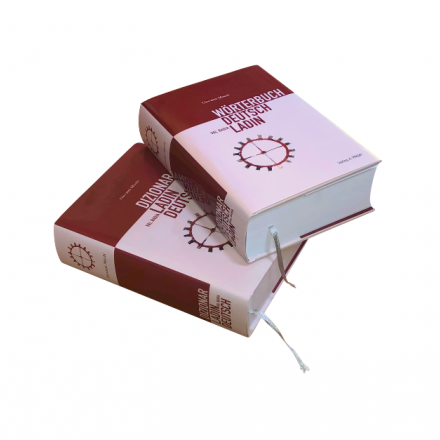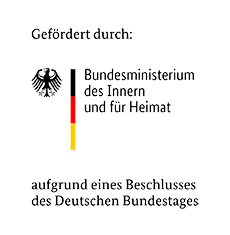
Digital premiere of the Ladin-German/German-Ladin online dictionary
Like all linguistic minorities, the Ladins of the Dolomites face the challenge of continually adapting their language to new requirements. This includes the development of suitable terminology to meet the growing need for terminology in the most diverse areas of life. Ladin, a Rhaeto-Romanic language, is spoken in the Dolomites of northern Italy and is an important part of the region's cultural heritage.
In an increasingly digitalised and globalised world, traditional linguistic and cultural boundaries can be overcome virtually. Nevertheless, minority languages such as Ladin and their cultural heritage often fall by the wayside. While major languages offer a wide range of online resources, minority languages often have limited access to didactic resources and educational materials.
On 24 September, the Ladin community celebrated an important premiere: the launch of the online version of the Ladin-German/German-Ladin dictionary edited by Giovanni Mischí. Over 100 guests attended the event at the Museum Ladin. The focus was on the presentation of the user-friendly digital version of the two-volume dictionary, which was first published in 2021.
Making this dictionary available online was an urgent request from the Ladin community. Thanks to the expertise and support of the Competence Centre - Trier Center for Digital Humanities, this project could be implemented. The digital version was completed by the end of June 2024. The freely accessible dictionary makes a significant contribution to the preservation and further development of the Ladin language. At the same time, it promotes intercultural communication between the Ladin and German-speaking communities.
As a practical tool, it is aimed at a broad target group, including language learners, teachers, translators, editors, academics and technical experts. In particular, it supports the production and translation of official texts and texts with public relevance, for example in the fields of education, culture, administration and the media.
Click here for the online dictionaries:
You can read the original article here.


